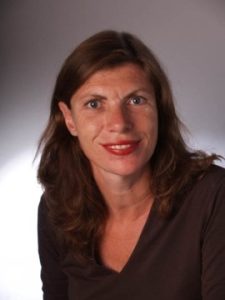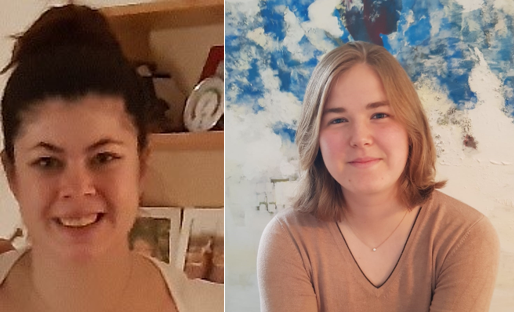AI-Café presents: “How can HPC technologies help AI?”
March 17th, 2022 (from 3 PM to 4 PM CET)
Short Description:
Introduction: Centers of Excellence promote the use of upcoming exascale and extreme performance computing capabilities and scale up existing parallel codes towards exascale scaling performance. The Centers of Excellence cover tools and optimize HPC applications along with multiple areas of knowledge. Furthermore, they address the skills gap in computational science in the targeted domains by specialized training for increased adoption of advanced HPC in industry and academia.
Main objectives: The following session aims to bring together the Centers of Excellence in AI sectors to explain how HPC technologies can help AI. Several case studies will be presented on how AI is leveraging HPC technologies to solve real-life problems. Opportunities and challenges in the AI sector will be discussed, how the Centres of Excellence can help to tackle them thanks to HPC technologies, and which opportunities are emerging. It is a good opportunity to get a common understanding of the ongoing activities within the different CoEs and foster collaboration opportunities, including education and training offered by Centres of Excellence.
Target Audience: We expect to bring together the Centres of Excellence using AI technologies with the AI expert community from the AI4Media initiative.
Speakers:

Temistocle Grenga is a group leader and researcher at the Institute for Combustion Technology (ITV) at RWTH Aachen University (Germany) since 2018. Previously he was at the University of Notre Dame (USA), where he received his PhD degree in aerospace and mechanical engineering, and at Princeton University (USA). His work focuses on numerical simulation and modeling of multiphase turbulent reacting flows. He coordinates ITV activities at CoEC.

Andreas Lintermann coordinates CoE RAISE since 2020 and leads the Simulation & Data Lab “Highly Scalable Fluids & Solids Engineering” at the Jülich Supercomputing Centre, Forschungszentrum Jülich, Germany, since 2014. He received his diploma degree in computer science and his PhD degree in engineering from RWTH Aachen University, Germany. His group develops multi-physics codes in the field of engineering and combines them with novel AI technologies making use of modular supercomputing architectures.

Christoph Schweimer joined the Know-Center as a Data Scientist in 2019 to work in the HiDALGO project on AI-related tasks which support the workflow of the use cases. He received his M.Sc. in mathematics from the University of Salzburg in 2017.
Watch the recording
AI-Café Team

Carmen Mac Williams, Organizer, and Moderator of the AI-Cafe. She is the Director of the company Grassroots Arts, and a partner in the European AI4media project.

Emma and Theresa are the new co-organisers and co-moderators for this new season of Café Season. They are Research Assistants at Grassroots Arts.
This Café is organized by Grassroots Arts. If you have questions about the organisation of this AI-Café or if you want to become a Speaker yourself in one of the next Web Cafe Sessions, please contact carmen@grassroots-arts.eu.
The recordings of the past Web Cafes you can find on our AI-Café video channel: https://www.gotostage.com/channel/ai-cafe. Here is the link to the AI-Cafe website: https://ai-cafe.eu/
AI-Cafe WEBCAFE – INFORMATION LEGAL NOTICE > HERE

